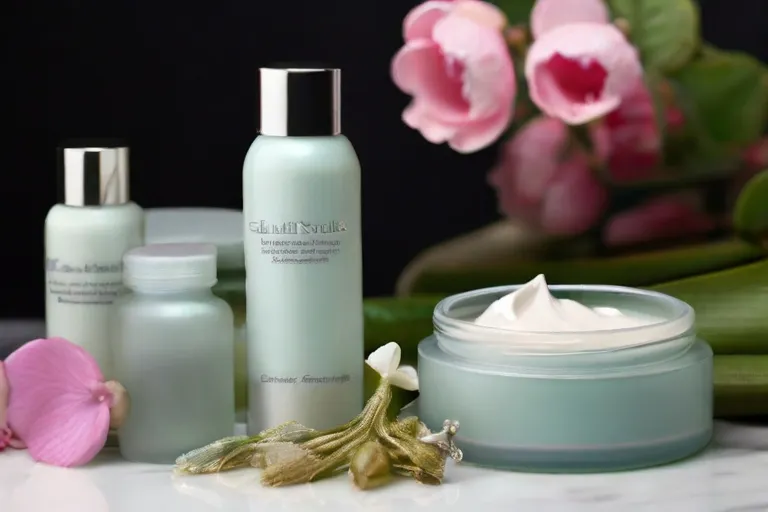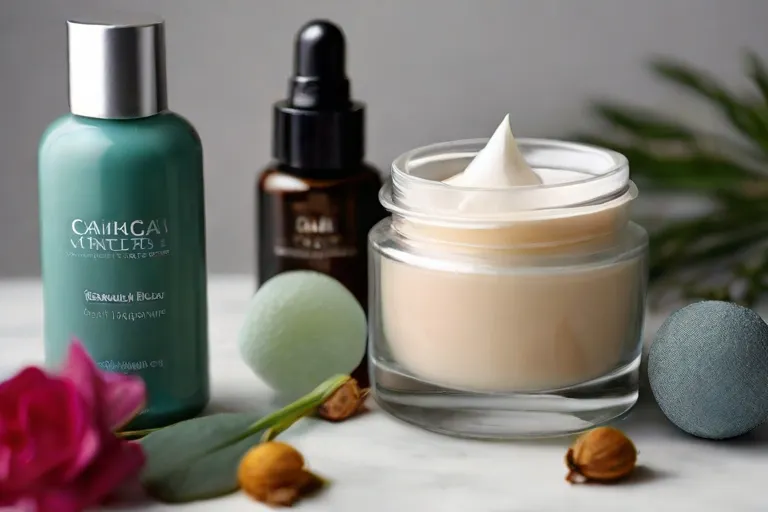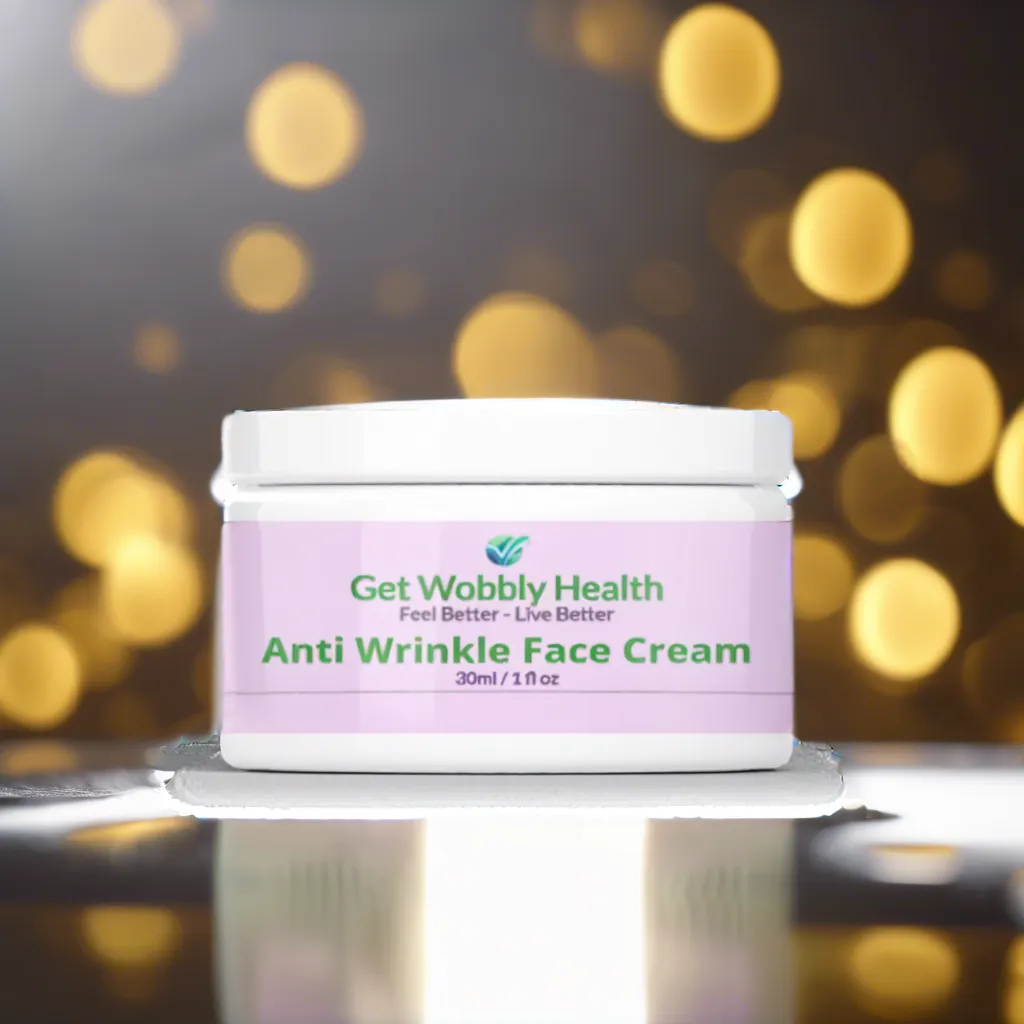How to Formulate Customized Skincare Products Tailored to Your Skin Type?

How to Formulate Customized Skincare Products Tailored to Your Skin Type?
Embark on a journey to create personalized skincare products that cater to your skin's unique needs. By formulating your own skincare products, you have the power to choose specific ingredients that will address your skin type, whether it's oily, dry, sensitive, or combination. This guide will walk you through the steps to crafting customized skincare products that will revolutionize your skincare routine.
Key Takeaways:
- Understand your skin type: Before formulating customized skincare products, it's imperative to know your skin type - whether it's dry, oily, combination, sensitive, or normal.
- Identify your skin concerns: Take note of any specific skin concerns you want to address, such as acne, aging, pigmentation, or sensitivity, to tailor your products effectively.
- Choose suitable ingredients: Select ingredients that are compatible with your skin type and address your specific concerns, such as hyaluronic acid for hydration, retinol for anti-aging, or niacinamide for soothing.
- Experiment and adjust: Customizing skincare products may involve some trial and error to find the right combination of ingredients that work best for your skin. Be patient and open to adjusting the formulations as needed.
- Consult a skincare professional: If you're unsure or overwhelmed about formulating customized skincare products, consider seeking advice from a dermatologist or skincare expert who can guide you in creating an effective personalized routine.
Determining Your Skin Type
You are unique, and so is your skin! Understanding your skin type is the first step towards formulating a customized skincare routine that addresses your specific needs. By identifying whether you have dry, oily, combination, or sensitive skin, you can choose products that will work best for you.
Characteristics of Different Skin Types
Knowing the characteristics of different skin types can help you determine which category your skin falls into. Dry skin may feel tight and flaky, while oily skin is prone to shine and acne. Combination skin can be dry in some areas and oily in others, while sensitive skin may react easily to new products or environmental factors. Recognizing these traits will guide you in selecting the right products for your skin.
Tips for Accurate Skin Type Assessment
The tips for accurate skin type assessment can help you determine your skin type effectively. Pay attention to how your skin feels throughout the day, observe any changes in response to different products, and consult a skincare professional if needed. Recognizing your skin type is the first step towards achieving a healthy and glowing complexion.
By understanding the characteristics of different skin types and following these simple tips, you can accurately assess your skin type and choose the right products for your skincare routine. Keep in mind, your skin is unique, so it's vital to tailor your skin care regimen to meet its specific needs.
The Basics of Skincare Product Formulation
Some people may find the world of skincare product formulation intimidating, but it doesn't have to be! Understanding the basics can help demystify the process and empower you to create customized products tailored to your skin type.
Understanding the Core Components
Basics such as emollients, humectants, and occlusives form the core components of skincare products. Emollients help soften and smooth the skin, humectants attract moisture to the skin, and occlusives create a barrier to prevent moisture loss. By understanding how these components work together, you can select the right ingredients for your unique skincare needs.
Navigating the World of Active Ingredients
Core to formulating skincare products is the selection of active ingredients that target specific skin concerns. From retinoids for anti-aging to vitamin C for brightening, the world of active ingredients can seem overwhelming. However, by educating yourself on the benefits and potential interactions of these ingredients, you can create effective and safe products for your skin.
Plus, always remember to patch test new formulations to ensure they are suitable for your skin. This simple step can help prevent adverse reactions and allow you to enjoy the full benefits of your customized skincare products.
Factors to Consider When Customizing Skincare
Despite the vast array of skincare products available on the market, sometimes it can be challenging to find the perfect match for your skin. Customizing skincare to your specific needs can make a significant difference in achieving a healthy and glowing complexion. When formulating personalized skincare products, several factors need to be considered to ensure they are tailored to your skin type.
Environmental Influences on Your Skin
On your journey to achieving radiant skin, it's important to consider the environmental influences that your skin is exposed to daily. Factors such as UV rays, pollution, and climate can all impact your skin's health and appearance. By understanding how these elements affect your skin, you can tailor your skincare routine to provide the necessary protection and nourishment.
Any changes in your environment, such as travel to different climates or increased sun exposure, may require adjustments to your skincare products to address these new challenges effectively. By being mindful of the environmental factors that affect your skin, you can create a customized skincare regimen that shields and supports your skin's needs.
Individual Skin Concerns and Goals
Any successful skincare routine begins with a clear understanding of your individual skin concerns and goals. Whether you're dealing with acne, dryness, aging, or sensitivity, identifying your primary skin issues will help you select the right ingredients and products to address them effectively. Additionally, setting goals for your skin, such as improving texture, reducing redness, or achieving a more youthful appearance, can guide your skincare customization process.
Acknowledging the unique qualities of your skin and setting specific goals will empower you to create a personalized skincare plan that caters to your individual needs. Recognizing the importance of these factors will enable you to formulate customized skincare products that deliver optimal results and promote a healthier complexion in the long run.

How-to Guide: Creating Your Personalized Skincare Routine
Dry? Oily? Combination? Creating Customized Skincare ...
Selecting the Right Base for Cleansers, Toners, and Moisturizers
Your skincare routine should begin with selecting the right base for your cleansers, toners, and moisturizers. Choosing the appropriate base is crucial as it forms the foundation of your skincare products. For dry skin, opt for rich and hydrating bases that contain ingredients like shea butter or avocado oil. Oily skin benefits from lighter bases with ingredients that are non-comedogenic and mattifying. Combination skin may require a mix of both types to address different areas of the face.
Once you have identified your skin type and concerns, personalize your products by adding ingredients that cater to your specific needs. Whether you are looking to soothe irritation, combat acne, or reduce signs of aging, customizing your base products can help address your unique skincare goals effectively.
Incorporating Serums and Treatments for Targeted Action
Personalized skincare routines go beyond the basics of cleansing and moisturizing. By incorporating serums and treatments into your regimen, you can target specific concerns such as hyperpigmentation, fine lines, or dehydration. These potent products are formulated with high concentrations of active ingredients to deliver targeted results, making them vital for addressing your individual skincare needs.
Selecting the right serums and treatments involves understanding the key ingredients that work best for your skin concerns. Whether you prefer vitamin C for brightening, hyaluronic acid for hydration, or retinol for anti-aging benefits, integrating these potent products into your routine can enhance the efficacy of your skincare regimen and help you achieve radiant, healthy skin.
Tips for Testing and Adjusting Your Customized Skincare Products
Once again, congratulations on taking the first step towards achieving radiant and healthy skin with customized skincare products! Now that you have your personalized formulations, it's imperative to test and adjust them to ensure they work well for your skin type.
Performing Patch Tests
Skincare patch tests are crucial before applying any new product to your face. To perform a patch test, apply a small amount of the product onto a clean patch of skin, like the inner side of your wrist or elbow. Wait for 24 hours to see if any redness, irritation, or allergic reactions occur. If there are no adverse effects, you can proceed to use the product on your face.
Evaluating Product Effectiveness and Making Adjustments
To evaluate the effectiveness of your customized skincare products, start by introducing them into your routine one at a time. Observe how each product interacts with your skin and track any changes you notice. If you experience any negative reactions like redness, dryness, or breakouts, discontinue use immediately and consult with your dermatologist to make necessary adjustments.
The key to successful customization is regular assessment and fine-tuning of your skincare routine based on your skin's evolving needs. It's imperative to pay attention to how your skin responds to the products and be open to modifying the formulations to achieve the best results. Do not forget, everyone's skin is unique, and what works for others may not necessarily work for you.

Maintaining Your Customized Skincare Regimen
Many people invest time and effort into creating a customized skincare regimen tailored to their skin type. However, the real key to seeing results lies in maintaining and staying consistent with your routine. Here are some crucial tips to help you keep up with your personalized skincare routine.
How to Stay Consistent with Your Routine
Routine is vital when it comes to skincare. To ensure you stick to your regimen, try to incorporate it into your daily habits. Find specific times during the day that work best for you, such as morning and evening, to apply your products. Consider setting reminders on your phone or placing your skincare products in a visible area to help you stay dedicated.
Consistency is key when it comes to seeing improvements in your skin. Remember that skincare is a long-term commitment, and results may not be immediate. By staying consistent with your routine, you give your skin the opportunity to adjust to the products and show the desired effects over time.
When to Revise Your Skincare Formula
Consistent evaluation of your skincare formula is crucial to ensure it continues to address your skin concerns effectively. If you notice that your current products are no longer delivering the desired results or if your skin undergoes significant changes, it may be time to revise your skincare formula. Consult with a dermatologist or skincare professional to adjust your products according to your skin's evolving needs.
Final Words

Following this guide will help you understand your skin type, select the right ingredients, and formulate customized skincare products that cater to your skin's specific needs. With a little bit of research and experimentation, you can create a personalized skincare routine that will help you achieve healthy, glowing skin.
Keep in mind, skincare is not one-size-fits-all, so don't be afraid to tweak your products as needed to find what works best for you. By taking the time to formulate customized skincare products tailored to your skin type, you can ensure that you are giving your skin the care and attention it deserves. Here's to happy and healthy skin!
FAQ
Q: What is the first step in formulating customized skincare products?
A: The first step is to identify your skin type and concerns so you can choose ingredients that will address your specific needs.
Q: How can I determine my skin type?
A: You can determine your skin type by observing how your skin feels throughout the day - dry, oily, combination, or sensitive.
Q: What are some common ingredients for dry skin?
A: Ingredients like hyaluronic acid, shea butter, and ceramides are great for moisturizing dry skin and restoring hydration.
Q: What ingredients should I look for if I have oily skin?
A: Ingredients like salicylic acid, niacinamide, and witch hazel are great for controlling oil production and reducing shine in oily skin.
Q: Are there any ingredients that work well for sensitive skin?
A: Gentle ingredients like oat extract, chamomile, and aloevera are ideal for soothing and calming sensitive skin without causing irritation.
Experience visibly younger-looking skin with our revolutionary face cream, designed to boost hydration, restore elasticity, and eliminate wrinkles for an instant flawless finish; join the revolution to never accept looking older. << Click Here >>

